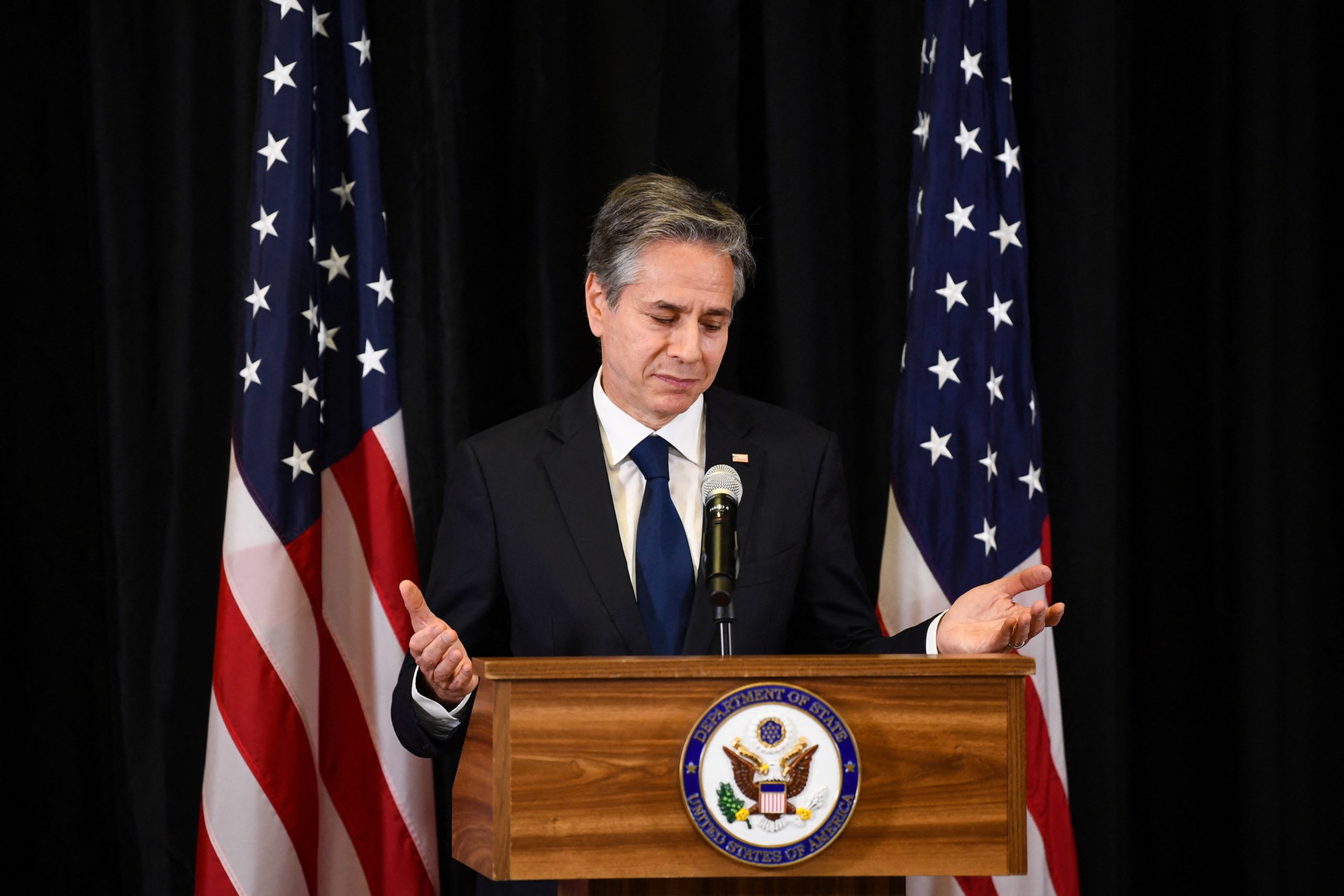
Marion Bae, FISM News
[elfsight_social_share_buttons id=”1″]
New guidance has been issued by the Department of State (DOS) and the Department of Homeland Security (DHS) which would allow individuals who have provided “limited” or “insignificant” support to terrorist organizations to receive immigration benefits in the United States. While the Biden Administration has tried to spin this policy as being geared towards Afghan allies, experts say this new policy should be a cause for concern.
The notice published jointly by the DOS and DHS announced that they had “exercised their congressionally provided discretionary authority to create three new exemptions which can be applied on a case-by-case basis, to ensure individuals who would otherwise be eligible for the benefit or protection they are seeking are not automatically denied.”
According to the document, these exemptions were created for Afghan allies who may have been forced to make payments to the Taliban while living under their rule. Statements to this effect were given in this statement by both Secretary of Homeland Security Alejandro Mayorkas and Secretary of State Antony Blinken.
“These exemptions will allow eligible individuals who pose no national security or public safety risk to receive asylum, refugee status, or other legal immigration status, demonstrating the United States’ continued commitment to our Afghan allies and their family members,” Mayorkas’ statement reads.
Blinken added, “We remain committed to our Afghan allies and processing Special Immigrant Visa applications as expeditiously as possible, while always protecting our national security. We are working closely with our interagency partners to do so, and today’s announcement is an important step forward in that endeavor.”
While the announcement published by Blinken and Mayorkas focuses on the role these new exemptions play in regard to Afghans, the actual exemptions filed in the Federal Register give no mention of Afghanistan or the Taliban. Instead, the exemptions are broad and vague. The exemptions state that individuals would meet the exemption if they provided a terrorist organization with “insignificant material support ( i.e., support that was minimal in amount and inconsequential in effect)” or “limited material support under circumstances involving certain routine commercial transactions, certain routine social transactions.”
While the exemption still requires that the individual seeking to immigrate into the U.S. “poses no danger to the safety and security of the United States” and that they have “undergone and passed all relevant background and security checks,” experts are concerned that these new exemptions could jeopardize Americans’ safety.
Jessica Vaughn, Director of Policy Studies at the Center for Immigration Studies, told Just the News, “This is a very concerning decision to weaken the government’s ability to keep supporters of terror groups from exploiting our generous immigration system,”
“This policy essentially makes excuses on behalf of foreign nationals who have been found to support terror groups, giving them deniability, and enables naive bureaucrats to look the other way at a record of concerning behavior on the part of applicants.”
“As a result, it will be even easier for those who hate America and support terror groups to live here legally, free to fight us from within, and free to sponsor others to come in.”
Gabriel Noronha, formerly a Special Advisor on Iran under the Trump Administration, wrote an article surrounding these new exemptions and the impact they may have on the Iranian terrorism threat.
Noronha, who is currently a fellow at the Jewish Institute for National Security of America (JINSA), writes, “A new Biden administration immigration regulation, purportedly designed to aid processing of visas for U.S.-friendly Afghan nationals, contains concerning loopholes that could seriously weaken immigration restrictions against members and supporters of terrorist organizations.”
“If this regulation is truly intended only for the restricted case of Afghanistan, the administration should quickly amend this regulation to remove the troubling loopholes. Congress should press the Executive Branch on this matter, urgently exercise its oversight authority and, if necessary, legislate to maintain or strengthen immigration restrictions against the IRGC and other terror groups.”
If and how Congress will mobilize to ensure American safety in light of these new exemptions will continue to be seen over the coming weeks.
